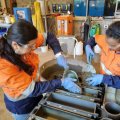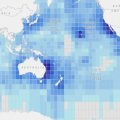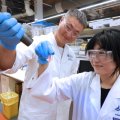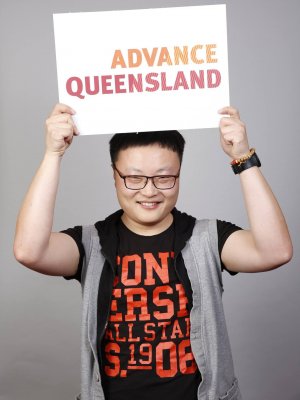
Australians living in remote and isolated communities without modern comforts such as reliable internet and mobile phone reception may no longer need the ‘bush telegraph’ for news thanks to a University of Queensland researcher with an out-of-this-world solution.
Dr Yifan Wang from UQ’s School of Information Technology and Electrical Engineering is working to link up isolated communities with the rest of the world by improving millimetre-wave satellite technology.
Dr Wang said his low-cost reconfigurable antenna system would connect with low-earth-orbit satellites, allowing a high-speed data rate.
“Currently, most internet technology is based on terrestrial structures like exchanges and based stations,” he said.
“By utilising smart antenna technology we don’t have to rely on existing infrastructure or run cables thousands of kilometres into the bush.
“This means people in even the most remote places, or who are constantly on the move, can still be connected with the rest of the world cheaply and quickly.”
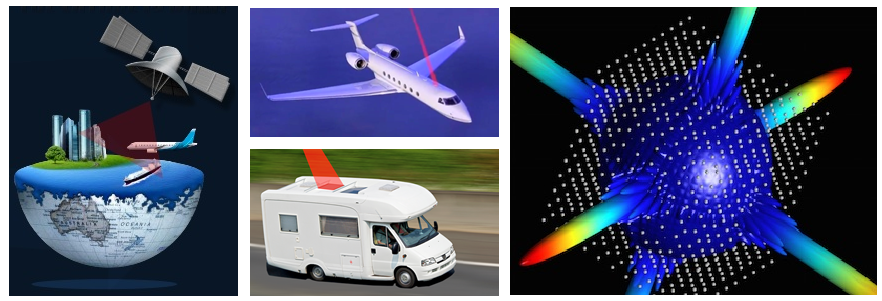
The antenna technology developed by Dr Wang, in collaboration with Brisbane-based EM Solutions Pty Ltd, would use a flat and compact satellite terminal with automatic tracking.
Orbiting as low as 160 kilometres, the satellite would send powerful targeted signals to users, known as beamforming.
According to Dr Wang, this technology is now much more achievable thanks to the ever-decreasing cost of building and launching satellites.
“This is a unique opportunity to improve the livelihoods of people in remote and regional communities,” he said.
“It is also a chance for Australia to show its capability in developing world-leading technology.”
Dr Yifan received an Early-Career Advance Queensland Grant for his work at a ceremony last month.
Media: Dr Yifan Wang, 07 3365 2766, yifan.wang@uq.edu.au; UQ Communications, Casey Fung, c.fung@uq.edu.au, 07 3365 8525.
.jpg)





